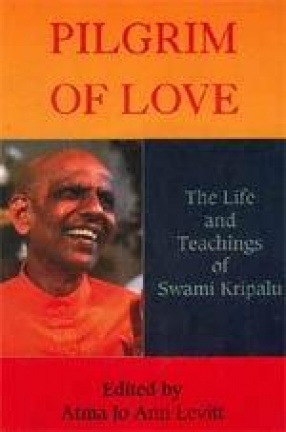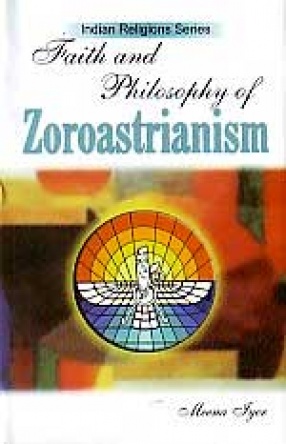The bulk of this work is a compilation of talks given by Swami Kripalu throughout North America. Bapuji, or "dear father," as we lovingly called him, taught at the Kripalu Ashrams in Pennsylvania while visiting the United States between 1977 and 1981. Along with speeches in North America, this work also includes excerpts from speeches he gave in India for visiting residents and disciples, plus portions of his letters to Yogi Amrit Desai, Dinesh Majmundar, and other close disciples. In addition to Bapuji’s self-narrated life stories and discourses on yogic principles, this work contains commentary from disciples who studied with him, reflecting a different aspect of his achievements and influence. For more than thirty years Bapuji practiced intensive yoga Sadhana or spiritual practice. Part of that practice included a commitment to silence. Although he may not have spoken, he generally wrote his speeches on a slate or sheath of papers, which were then translated from his native Gujarati into English by Yogi Amrit Desai, Swami Vinit Muni or other assistants. Since he broke his customary silence for the first few months of his stay in the U. S., we were fortunate to hear him speak at first and then receive the translations. Later he remained in silence except during major celebrations. Some of this text’s inconsistencies may be due to the varied or incomplete translations that we received and the difficulty conveying certain yogic concepts cross-culturally. Although I’ve tried to make Bapuji’s prose more accessible through light editing, I’ve stayed close to the original translations wherever possible. Since the Indian style of speechmaking may ring formal to our western ears and since Bapuji spent so much time in silence, there are times when his language takes on a serious, ponderous tone. But that’s not always the case and certainly, he-more than anyone-knew when comic relief was due. Throughout the discourses I’ve chosen not to change his predominant use of male pronouns in favor of inclusive language. It was not a convention of his time. Keep in mind that Bapuji saw us all-male and female-as seekers and in his life and practice as a swami he largely had transcended gender issues. Thus we can allow "he" and "him" to translate as "we" and "us". Above all, Bapuji refers to himself as a pilgrim on the path of love. If we were to follow him on this path, hw would entreat us to study the tenets of eternal religion (Sanatana dharma) so that in our lives we may experience the whole world as one family (vasudhaiva kutumbakam).
Science Can Teach You, The Art of Living Too: Science As A Guide to a Fuller Living
It is perhaps, the first ...
$18.00
$20.00





There are no reviews yet.